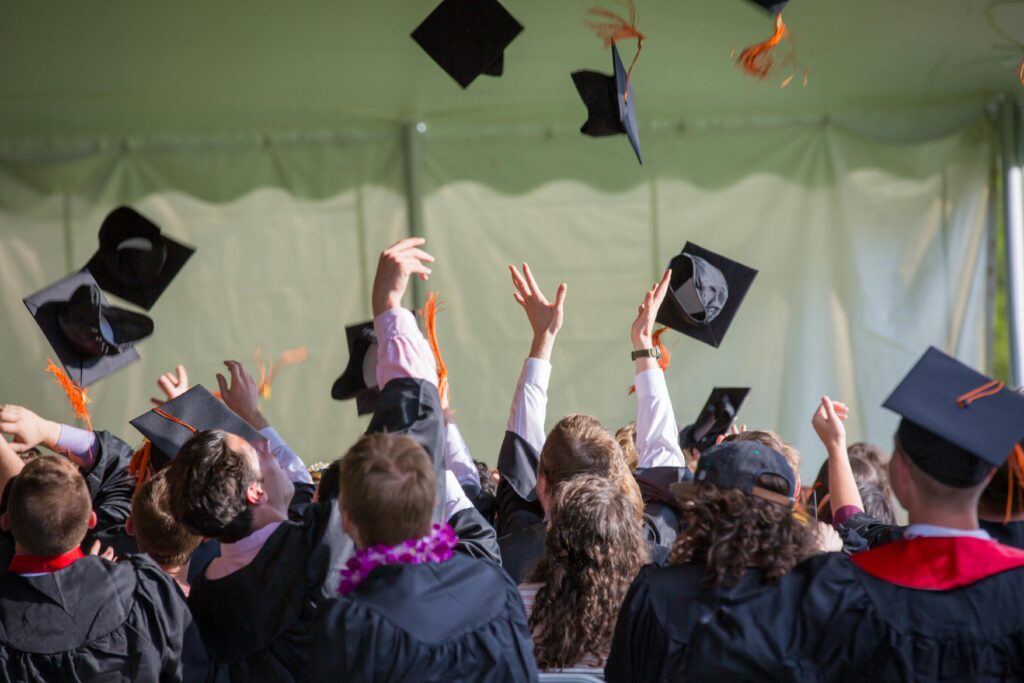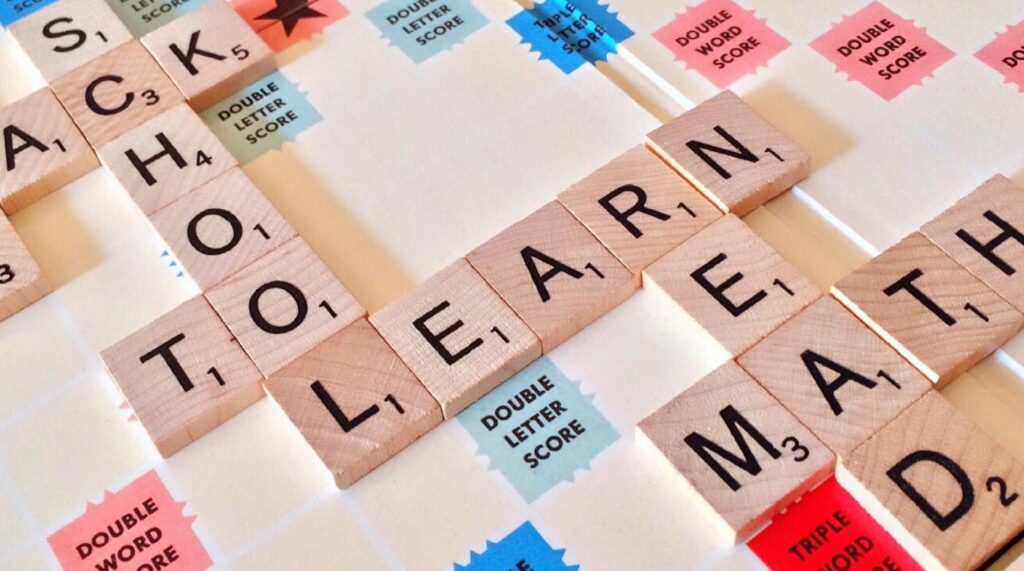The battlefield is only one aspect of the Iran-Israel war. Its effects reach classrooms, homes, and minds far beyond national boundaries. Students in the region and those impacted indirectly worldwide are especially concerned about the ongoing tensions and conflict between Iran and Israel.
Wars like these present major risks to education, ranging from psychological distress to disruption of the educational infrastructure. Students can nevertheless find strategies to adjust, maintain focus, and continue their education in the face of uncertainty.
This blog examines how the Iran-Israel war has affected education and provides helpful advice on how students can stay strong and keep learning even during emergencies.

Education should continue despite the war between Israel and Iran
- Fear and Disruption in Education
Learning is frequently directly disrupted for students in conflict areas. These may include:
• School Closures: Because of infrastructure damage or safety concerns, educational institutions may have to close.
https://www.timesofisrael.com/education-ministry-shuts-80-ultra-orthodox-schools-flouting-war-closure-orders/
• Internet and Power Outages: Online learning is challenging when there are communication and power outages.
• Displacement: Families may be compelled to leave their homes, which could cause disruptions in the educational process.
• Mental Health Issues: Students who experience anxiety, trauma, or fear may find it difficult to focus or remember material.
Media exposure, worries about friends and family, or social unrest brought on by the conflict can all have an impact on students abroad.
2. Effects on Learners’ Psychology
Young minds can be profoundly impacted by the atmosphere of fear and uncertainty that comes with war. Chronic stress, decreased motivation, trouble concentrating, and sleep issues can result from a community’s ongoing exposure to violent images, news updates, and fear.
These problems can impede general development and well-being in addition to affecting academic achievement.

3. Strategies for Students to Maintain Concentration and Continue Learning
There are strategies for students to recover their focus and keep making academic progress despite these obstacles. The following tactics can be useful:
a. Manage What You Can
Uncertainty reigns during times of conflict. Students ought to concentrate on the things that they can control:
Establish small, secure study areas, and make sure your daily study objectives are reasonable.
• Keep up a simple daily schedule.
b. Make Use of Offline Resources
When there is erratic internet access:
• Make use of handwritten notes, printed materials, and textbooks.
• Whenever feasible, download instructional materials and videos beforehand.
• When available, make use of community learning centers or the radio.
c. Look for Support for Mental Health
• Discuss your feelings with a trusted adult, teacher, or counselor.
• Engage in stress-reduction practices such as journaling, breathing exercises, or mild exercise.
• Maintain relationships with peers; exchanging experiences is beneficial.
d. When feasible, make use of online platforms
Students can participate in MOOCs (Massive Open Online Courses) or virtual classes if they have access to digital resources.
• View lectures that have been recorded on academic channels or YouTube.
• Make use of educational applications such as Duolingo, Coursera, or Khan Academy.
• Utilize the services from educational sites such as StarlinkAcademia.com. Check the link https://starlinkacademia.com/services.php
e. Keep yourself updated, but avoid overexposure.
Being informed about current events is vital, but too much news can be debilitating.
• Pick one trustworthy news source.
• Establish precise times to check for updates.
• To safeguard mental health, take digital breaks.
f. Learn to Preserve Hope
One way to resist is through education. Learning new things is a potent sign of hope and fortitude in conflict situations. Remember your motivations for learning, whether they are to improve your future, assist others, or find knowledge stability.

4. How Communities and Teachers Can Assist
On this journey, students are not alone. The roles of educators, parents, and educational institutions are crucial:
• Offer flexible deadlines and emotional support.
• Whenever feasible, arrange group instruction.
• Promote the preservation of schools as secure locations.
• Create emergency education programs that incorporate low-tech and digital options.
In conclusion
Like all conflicts, the Iran-Israel war poses a threat to the right to education. However, with perseverance and encouragement, students can continue to learn, whether they are in impacted areas or are observing from a distance.
Even during difficult times, education can thrive with the correct tactics, perseverance, and community support. Remaining focused during a war is about more than just academics; it’s about maintaining the light of knowledge in an uncertain world.
War must never claim education as a casualty. Let’s preserve it, tend to it, and use it as a means of achieving peace.
